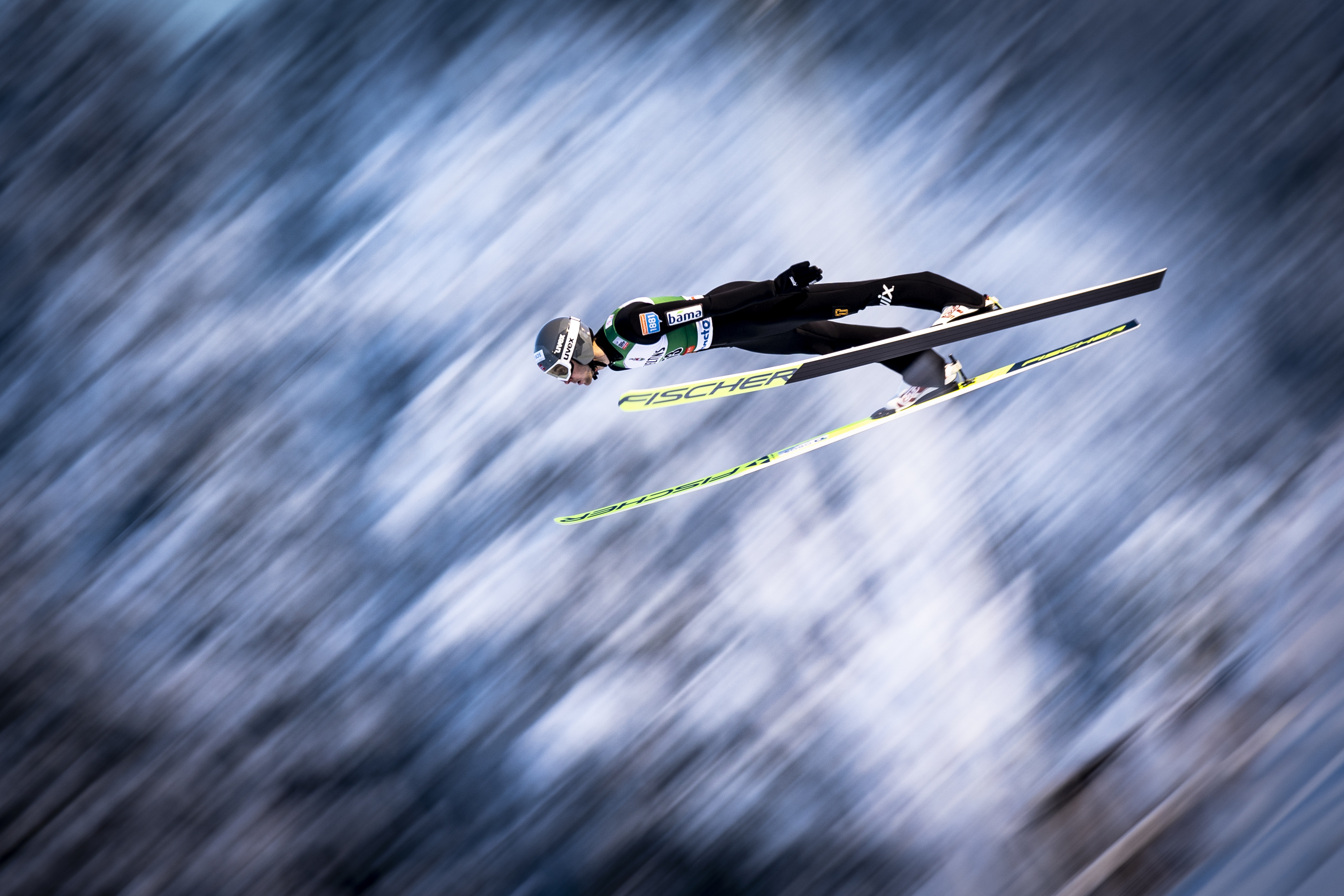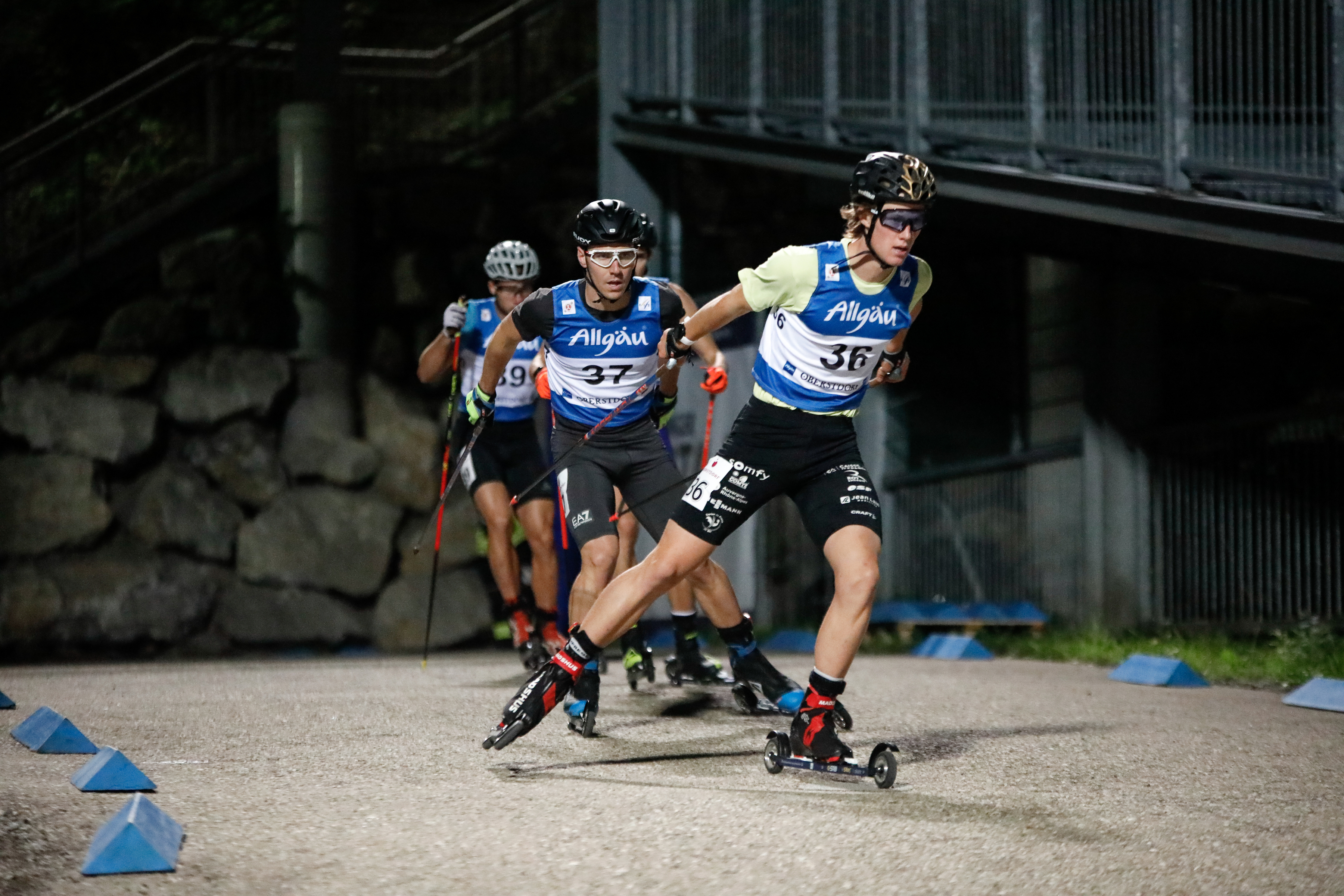Revitalizing Nordic Combined: A Strategic Move for Germany's Olympic Legacy
Originally published in Sport1 on October 01, 2024
Revitalizing a German Olympic Legacy
The future of Nordic Combined, a beloved winter sport, is facing uncertainty, but recent developments may lead to a revival.
The German team celebrates their victory at the 2018 Pyeongchang Olympics.
As Nordic Combined grapples with its Olympic viability, the International Ski Federation (FIS) has introduced significant changes aiming to enhance the sport's appeal. In a bold move, the men’s ski flying events will be featured at a World Cup for the first time in Bad Mitterndorf, Austria, in February 2026. Additionally, women will make their debut in a large hill event scheduled for March in Oslo.
"These advancements showcase the increasing ambition and innovation within Nordic Combined, marking a landmark progression for all athletes," stated FIS, heralding a "new era" for the sport.
Can the Combination Secure its Olympic Future?
Race Director Lasse Ottesen commented on the positive impact of recent reforms. He remarked, "The progress made for women in recent years has been extraordinary. The test events in Oberstdorf and Chaux-Neuve this year highlighted how adeptly female athletes adapted to the large hill format."
Ottesen, who once competed against German ski jumping legend Jens Weißflog, expressed enthusiasm for the upcoming events at Holmenkollen this winter.
However, challenges remain. The International Olympic Committee (IOC) has identified several issues facing Nordic Combined, including low competitive density, limited event variety, and underwhelming TV ratings. Unfortunately, women will not participate in the 2026 Winter Games in Milan and Cortina d'Ampezzo, and men’s participation for 2030 is also in jeopardy.
A Storied Tradition in Nordic Combined
Traditionally, Nordic Combined has been dominated by powerhouse nations like Norway and Germany. Germany ranks second in all-time Olympic medals with 12 golds, trailing Norway. Notable past champions include Georg Thoma, Ulrich Wehling, and more recently, Vinzenz Geiger, Eric Frenzel, and Johannes Rydzek.
To ensure that Nordic Combined athletes maintain their pursuit of Olympic glory, crucial reforms must be implemented promptly.
See Also

Nordic Combined: Soaring into a New Era
October 01, 2024 / FIS
A Game-Changer for Nordic Combined: Ski Flying Added to the World Cup
October 01, 2024 / Eurosport

The Decline of Germany’s Nordic Combined Dominance
March 19, 2024 / Sportschau

Exciting Innovations Await at the 2024 Summer Grand Prix
July 26, 2024 / FIS